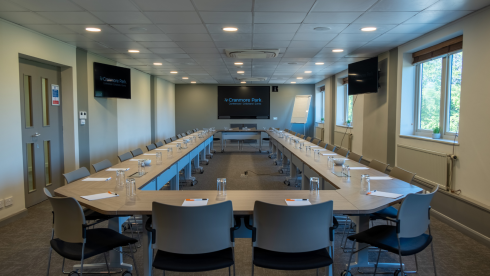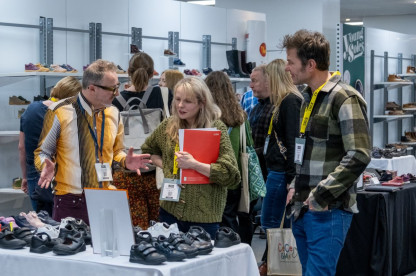Top tips | Choosing the right meeting room for business negotiations
16 Apr, 2025 - 3 min read
Your organisation has organised a meeting, one that involves potential clients, partners or suppliers. The purpose of the get together is to flesh out the terms for a new business arrangement - one that can benefit your organisation. Eager to agree a deal and get the other party to sign on the dotted line, you want to make the best possible impression with them.
This is one of the main reasons you've decided to book a specialist meeting room in which to conduct negotiations. Bringing the other party into your office might not be the best course of action, particularly if you're pressed for space or there is a lot of activity at your business premises. You don't want to give the wrong impression, and put any negative thoughts in the other party's mind.
It's much better to conduct negotiations in a quiet, comfortable environment, which is equipped with all the facilities you need. There won't be any distractions, meaning you'll be able to get on with the meeting - or meetings - and focus solely on fleshing out the terms upon which you can do business.
But when it comes to booking the meeting rooms, there are a number of factors you need to consider - particularly if you're expecting to be there all day. The first is the location of the site. It needs to be readily accessible to all parties, with good transport links - whether by road or rail. You don't want people to get lost en route to the venue, as this can set the schedule back and add to your costs.
The meeting room needs to be of an appropriate size - neither too large or too small - and it should be equipped with all the facilities you would expect. These include presentation tools, whiteboards, power sockets, tea and coffee-making facilities, blinds/curtains and air conditioning. The seats should be comfortable and there will be plenty of table space available - and, ideally, an opportunity to customise the layout of the room.
Since the meeting is expected to last for much of the day, you should have the option of ordering refreshments from the meeting venue. Ideally there will be a kitchen on-site and catering staff to provide hot and/or cold food, as appropriate. Business is rarely done best on an empty stomach! If you're inviting people from another organisation to a meeting, at a location you have booked, it is important to ensure their every need has been considered. It's better to have food available, but not required, then have people hungry yet no catering provision.
If the meeting is expected to last all day, then your guests may choose to stay in a hotel locally, rather than travel back at the end of the day. Choosing a meeting location close to suitable accommodation is always a good idea, particularly if it is designed to cater for corporate customers. The last thing people want to do after a long day at work is spend another hour fighting with the traffic to get to their hotel on the other side of town.


